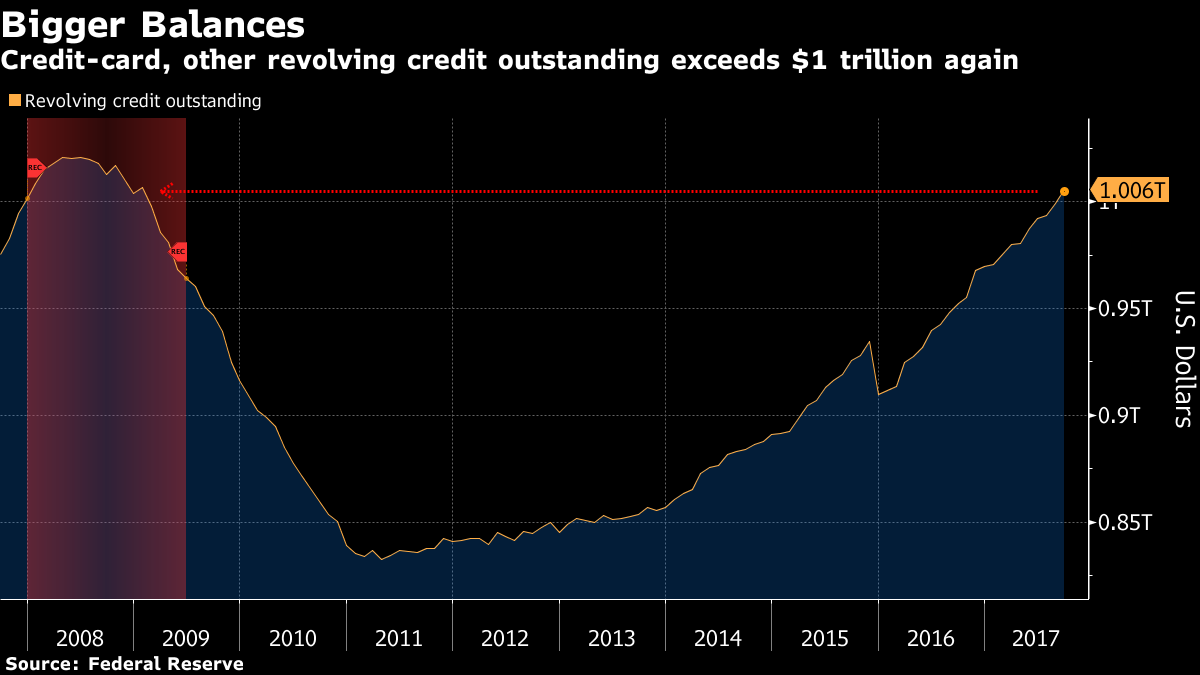Thursday, November 9, 2017
Please note that in order to view the content for the
Bankruptcy Headlines
please
log in
if you are already an ABI member, or otherwise you may
Become an ABI Member
Wednesday, November 8, 2017
Please note that in order to view the content for the
Bankruptcy Headlines
please
log in
if you are already an ABI member, or otherwise you may
Become an ABI Member
To provide for the refinancing and recalculation of certain Federal student loans, and for other purposes.
Tuesday, October 10, 2017
To amend the Higher Education Act of 1965 to direct the Secretary of Education to develop a plain language disclosure form for borrowers of Federal student loans, and for other purposes.
Wednesday, October 25, 2017


